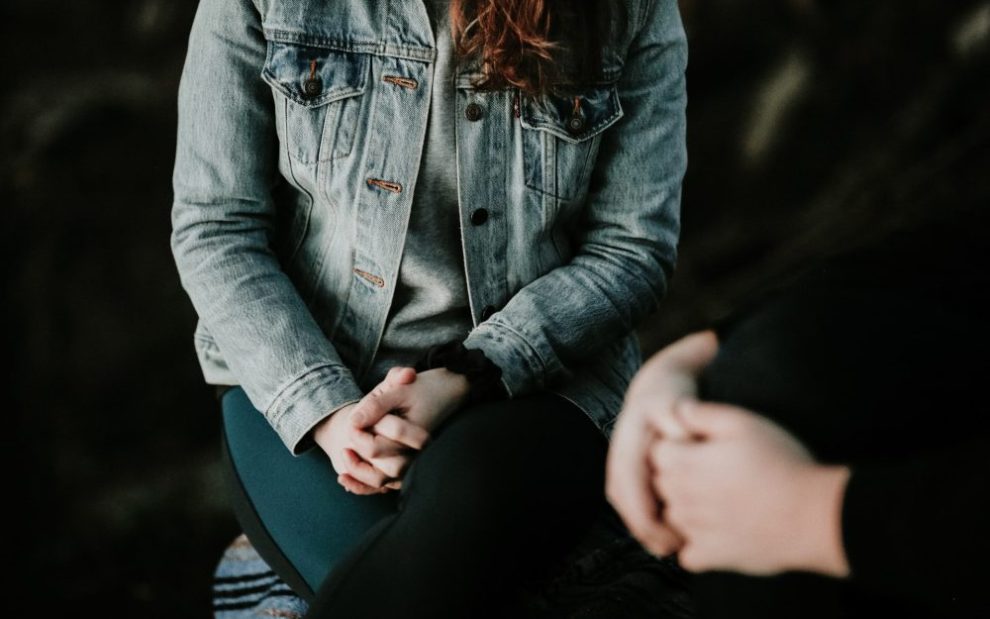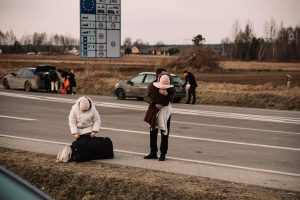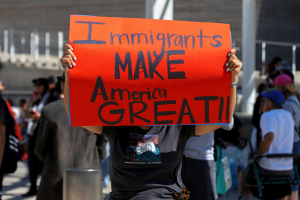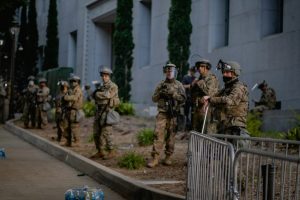I shifted nervously in my seat as the interviewer scanned my résumé. A newly minted graduate, I began to make my case as to why I’d be the best pick for the position of medical advocate and rape crisis counselor. I had just completed the tedious task of writing a graduate thesis on the topic of sexual ethics and knew I wanted to do mission-based work before returning to academia. This position would have me working directly with survivors of sexual violence in the immediate aftermath of trauma to provide crisis intervention and advocacy through the agency’s many hospital partnerships.
As the interview progressed and I grew more confident in my answers, the interviewer remained skeptical. After the usual questions about how I would handle conflict, she asked me about my experience and comfort level working with the LGBTQ community. It felt like a question that was intended to stump me, though I didn’t understand why. I acknowledged the harm caused by institutional homophobia and transphobia, then launched into a litany of reasons why I was eager to work with these survivors. She was unmoved.
Another question: “An ER patient with pregnancy complications discloses to the doctor that the pregnancy was the result of a sexual assault, and you’ve been called in to provide support. How do you respond to this survivor?” My palms were sweaty. I explained what I understood about the rights of survivors and treatment options. “And if the survivor wanted to terminate the pregnancy?” she continued, each time adding to the “gotcha” tone. I repeated my position. She pressed again.
I couldn’t figure out why my answers seemed insufficient as I watched her search for different ways to say abortion. She picked up my résumé again: a bachelor’s degree from Saint Mary’s College, a year teaching second graders at a Catholic school in Honduras, a master’s degree from Catholic Theological Union. Ah, yes! Then it clicked. To the untrained eye, my heavily religious background seemed inconsistent with feminist social justice values and the role of an advocate. I couldn’t disagree more.
Nearly a decade later, I am now standing in my former interviewer’s shoes. As director of advocacy for Resilience, I oversee the totality of crisis intervention and legal and medical advocacy services provided by our staff and volunteers.
Over the years, I have leaned on my faith as I have sat with survivors during what many describe as the most difficult moments of their lives. I have held their hands as they brave impossibly difficult decisions and painful medical forensic exams. I have sat in courtrooms and police stations holding space for the grief and rage that come with the pain of knowing that the person who caused harm will not be held accountable. Almost always, I have had no words to soothe their pain and have silently pleaded with God to provide comfort and make me a channel of peace. In no uncertain terms, advocacy is my calling.
Looking back on that first interview, I chuckle at the disconnect between my interviewer and me. For so many, Catholicism has become synonymous with patriarchy, conservatism, exclusion, and judgment. Admittedly, on some days it is for me too. Other days, I know that I do this work not despite my Christian values but precisely because of them. My advocacy is rooted in the fundamental belief that we are created in the image and likeness of God. Each one of us possesses the divine imprint of our Maker and ought to be honored, adored, and praised.
Those who use violence overlook the sanctity of the human person, sometimes causing survivors to struggle to regain a sense of worthiness in the aftermath. I know holiness and worthiness are deeply embedded in our very beings. Every person deserves a sense of wholeness. While I cannot guarantee the survivors with whom I work the justice they deserve, I am committed to walking with each of them on their journey to wholeness.
This article also appears in the November 2021 issue of U.S. Catholic (Vol. 86, No. 11, pages 12-13). Click here to subscribe to the magazine.
Image: Unsplash/Priscilla du Preez















Add comment